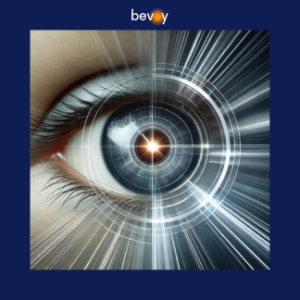
Chapter 1
Focus
“What information consumes is rather obvious: it consumes the attention of its recipients.”
– Herbert A. Simon

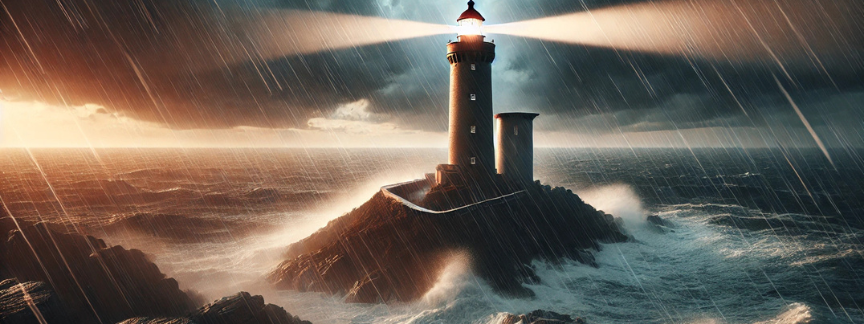

The deep work principle
Cal Newport’s Deep Work underscores that intense concentration in distraction-free intervals produces breakthroughs.
Shallow work (checking emails, small tasks) erodes our ability to dive into complex thinking.




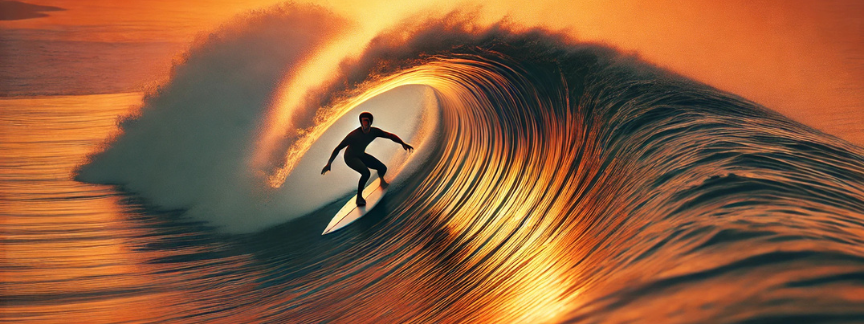
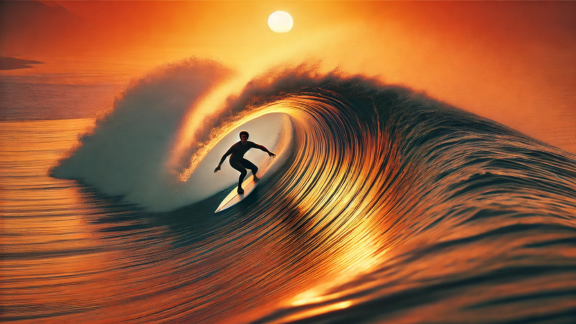
Flow state phenomenon
Mihaly Csikszentmihalyi’s research shows that an optimal experience arises when skill level matches challenge level, leading to total immersion.
This state of “flow” maximizes productivity and enjoyment.




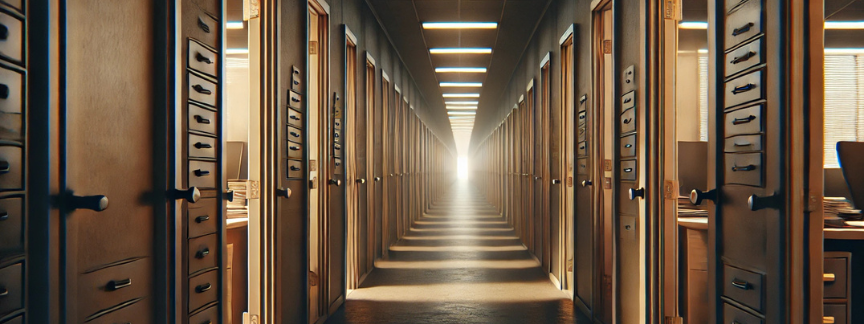
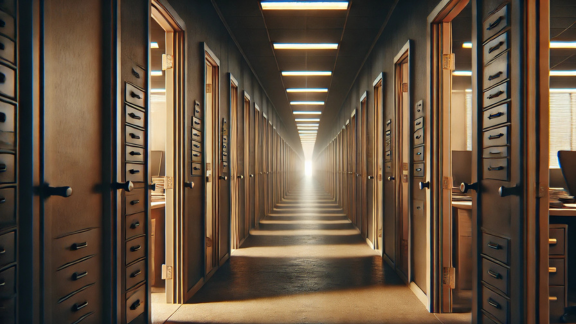
Zeigarnik effect awareness
The Zeigarnik Effect suggests unfinished tasks linger in your mind, draining mental energy.
Proactively tackling tasks—even partially—reduces mental clutter and preserves focus.






Cognitive switching penalty
Frequent task-switching exacts a cognitive toll. Each shift in focus can sap mental resources, leading to errors and lower efficiency.
Reducing context-switches yields deeper concentration.




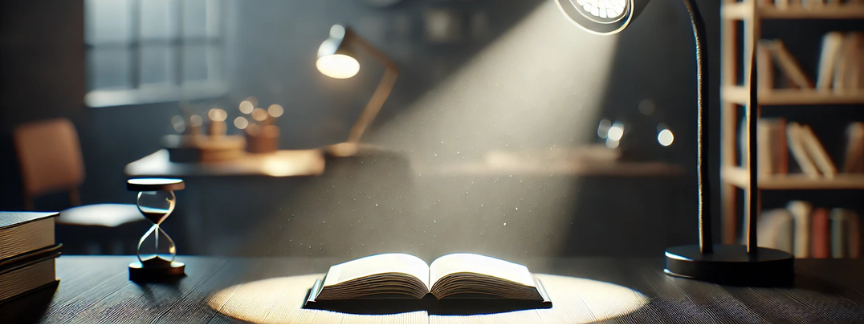
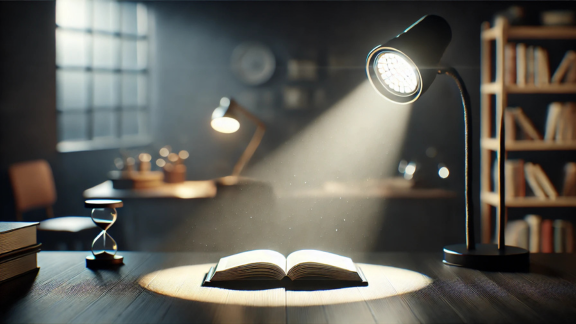
Monotasking over multitasking
Research shows that multitasking is often task-switching in disguise.
Monotasking—focusing on one thing at a time—enhances attention and output quality.






Feel free to share with your colleagues
Give feedback, ask questions or request new resources


